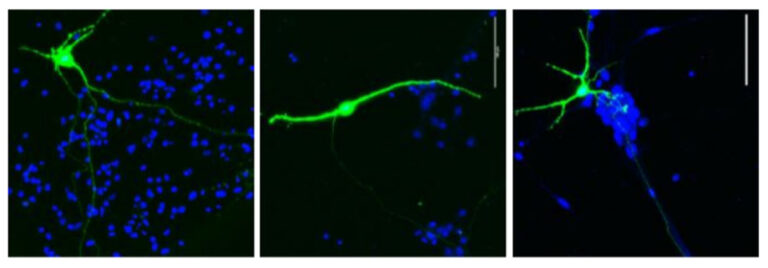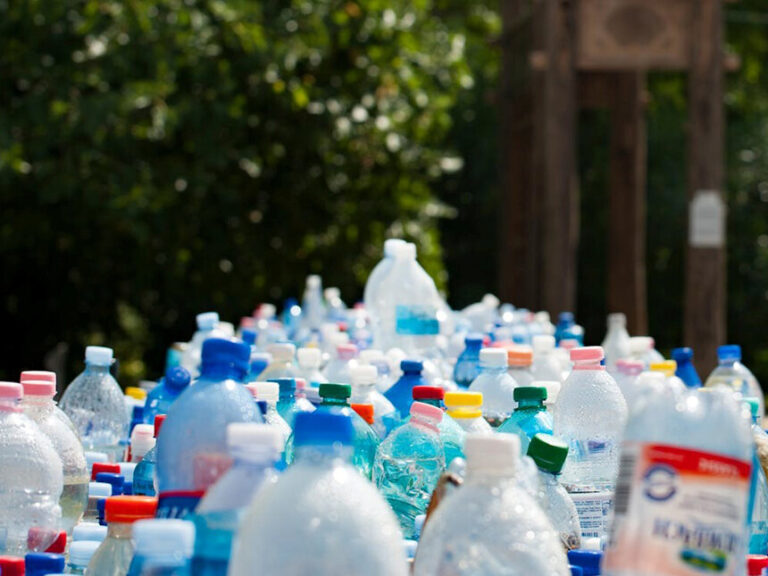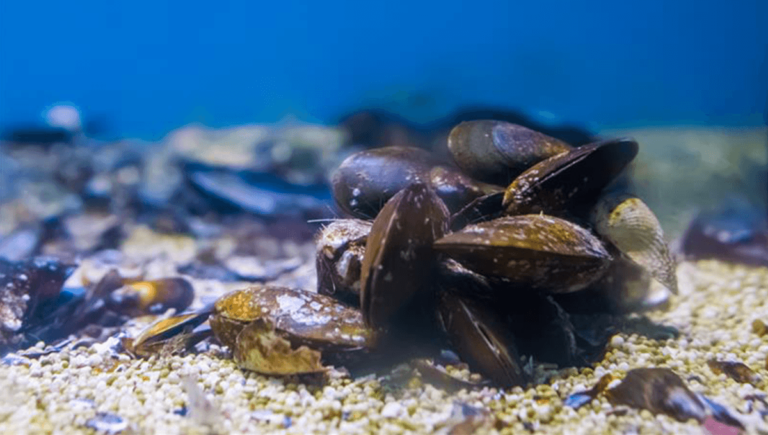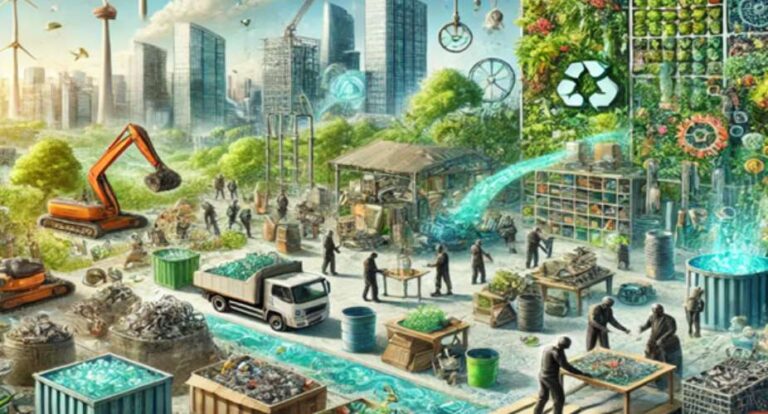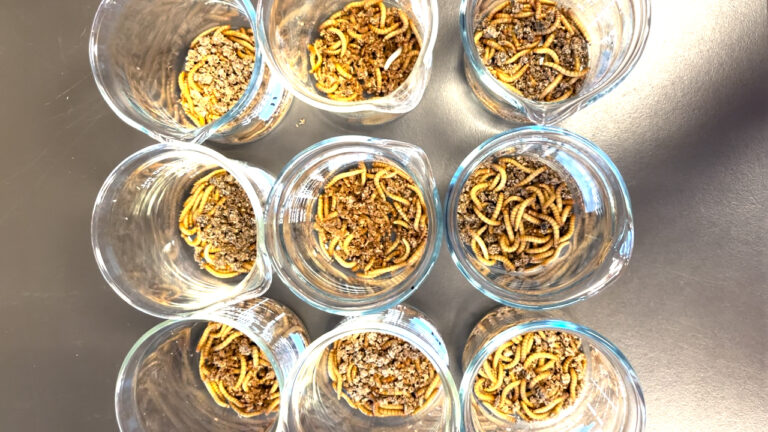Effects of Marine Threats on Mediterranean Marine Top Predators
This chapter explores the growing threats faced by top predators in the Mediterranean Sea. Climate change, overfishing, and plastic pollution may affect their migration patterns and lead them to abandon established reproduction areas. For instance, tuna might not find its spawning grounds due to warmer water, sea turtles might fight against plastic debris to lay…


